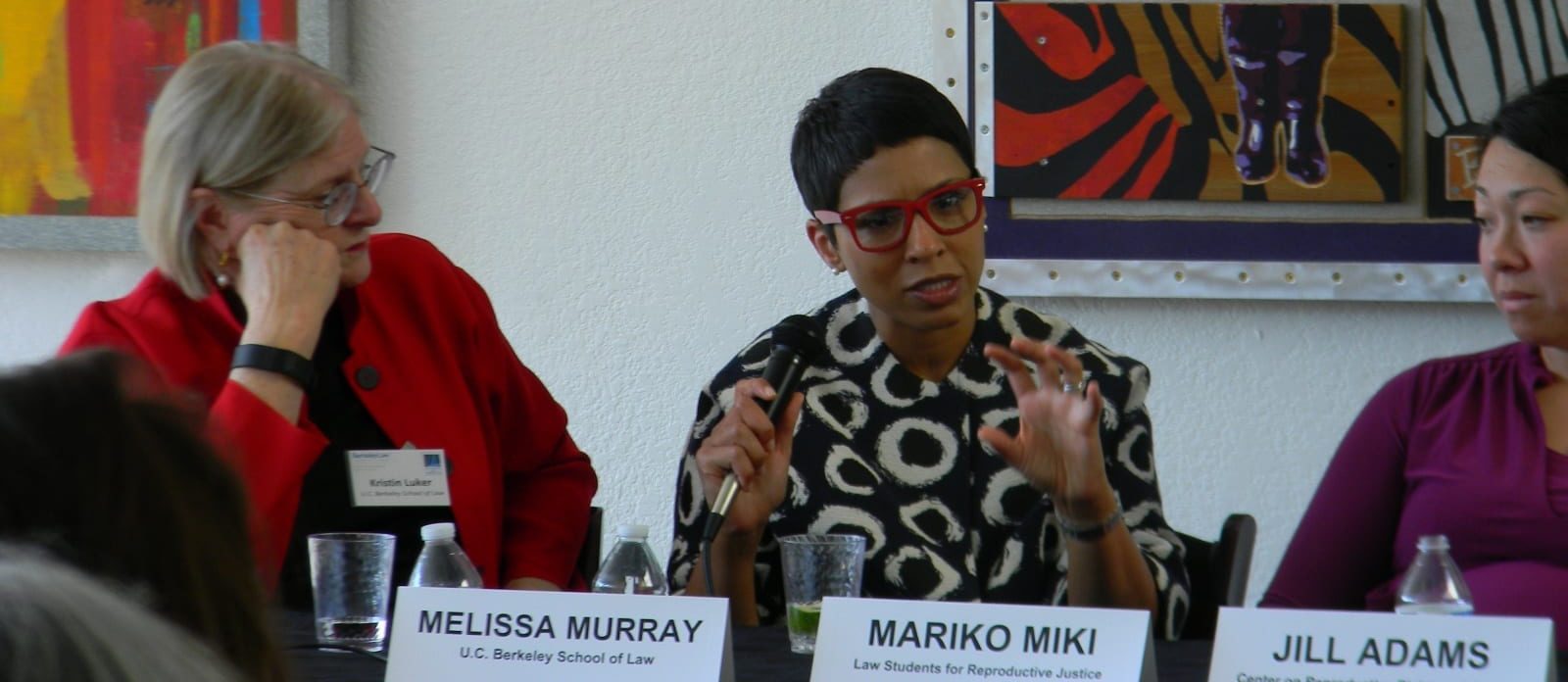CRRJ is harnessing its position as a law school-based center in dialogue with organizers, activists, advocates, and academics, to target complex, controversial issues ripe for fresh perspectives and creative thinking.
The Center will focus on several issue areas that have taken on particular urgency in the wake of the Dobbs decision. These areas include:
- Connecting the abortion right with a broader agenda of reproductive justice. There is widespread understanding, after Dobbs, of the imperative to restore reproductive rights in states that have adopted abortion bans. But unequal access to abortion is only one of the reproductive disparities that face communities of color, those living in poverty or in rural areas, and LGBT communities. These systemic inequalities include disparate maternal mortality, lack of access to basic reproductive or gender affirming care, and the ability to parent children with dignity, security, and sufficiency.
- Opposing state criminalization of pregnancy, and state intervention in the pregnancies of criminalized persons. State involvement in reproductive lives is growing in many arenas. Anti-abortion states have begun criminalizing those seeking abortions. Prosecutions have targeted women who suffer miscarriages or stillbirths. And even in pro-abortion states, the reproductive rights of those incarcerated or those using controlled substances have been neglected or curtailed.
- Combatting the threat posed by anti-abortion state legislatures to democratic processes and democratic voice. Since Dobbs advocates have mobilized broad public support for abortion by leading successful ballot campaigns to place abortion rights in state constitutions. Recognizing the breadth of support for these efforts, anti-abortion state legislatures have sought to restrict the citizen initiative process: by making petitions harder to place on the state electoral ballots, and increasing the electoral thresholds necessary for victory. These anti-democratic moves frequently coincide with and reinforce other state-imposed restrictions on the ballot access, such as: ID requirements; limitations on early voting or voting hours; voter roll purges; or disenfranchisement of those on formerly incarcerated or on parole.
(Specific projects TBA)
Left to right: Prof. Kristin Luker, Prof. Melissa Murray, Mariko Miki, at 2015 Panel
